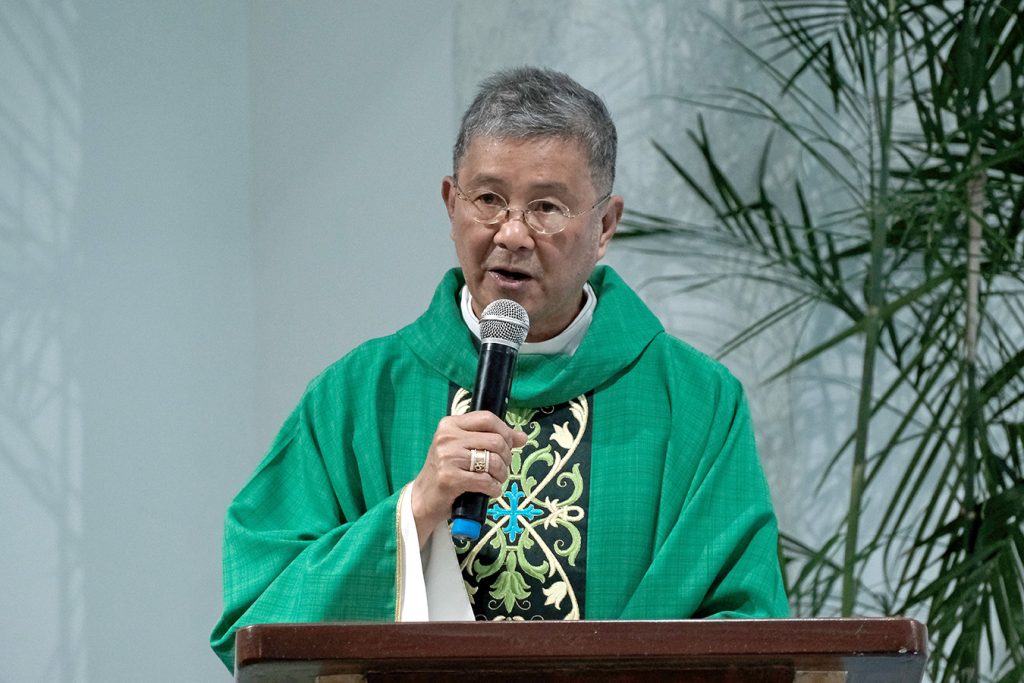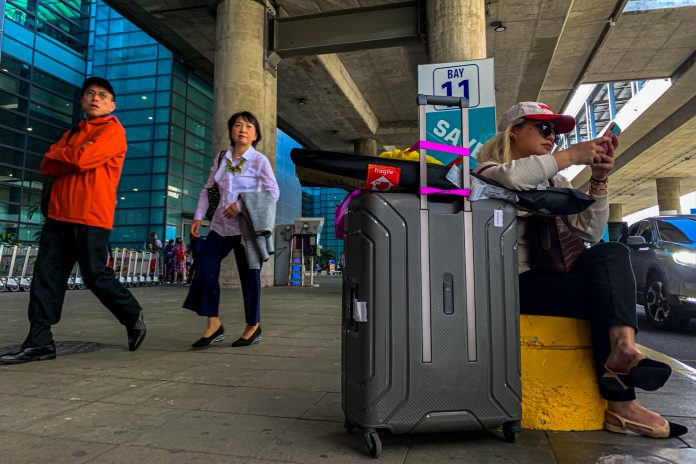A Catholic bishop on Thursday appealed to Overseas Filipino Workers (OFWs) to reconsider joining a proposed “Zero Remittance Week” protest in support of former President Rodrigo Duterte, saying such an action could inadvertently harm the very families they seek to uplift.
“I feel deeply for the plight of our Overseas Filipino Workers (OFWs), who are often hailed as modern-day heroes for their sacrifices and contributions to our nation,” said Bishop Ruperto Cruz Santos of Antipolo in a public statement.
The prelate’s statement comes amid calls from pro-Duterte OFWs in Europe to withhold remittances from March 28 to April 4 to protest the former president’s arrest and detention by the International Criminal Court over charges of crimes against humanity.
Bishop Santos, who also serves as parish priest of the International Shrine of Our Lady of Peace and Good Voyage, expressed concern over the initiative and called for discernment.

“While I understand the emotions and frustrations that may have led to this initiative, I urge all involved to reflect on the broader implications of such an action,” he said.
He warned that even a temporary disruption of OFW remittances could cause severe hardship for families in the Philippines.
“OFW remittances are a lifeline for millions of Filipino families. They provide for basic needs, education, healthcare, and a better quality of life for loved ones back home,” the bishop noted. “A halt in remittances, even temporarily, could disrupt the lives of these families, leaving them vulnerable and struggling to make ends meet.”
Santos pointed out that the effects of a remittance boycott would extend beyond individual households, potentially affecting the broader national economy.
He warned that even a brief interruption in the flow of remittances could trigger ripple effects, disrupting government operations, local businesses, and communities that depend on the economic activity generated by overseas earnings.
In 2024, remittances from OFWs reached more than $38.84 billion, making up 8.3 percent of the country’s gross domestic product, according to official data.
“As a Bishop, I call for unity and dialogue,” Santos said. “Let us seek peaceful and constructive ways to address our grievances without causing harm to our families and our nation.”
The prelate called for collective discernment, urging all parties to seek a path that promotes healing and prioritizes the common good. He reminded the public that the true strength of the Filipino people is rooted in compassion and solidarity.
Meanwhile, a leading economist cautioned that the impact of a remittance boycott would likely hurt OFW families more than the Philippine economy.
Sonny Africa, executive director of the IBON Foundation, noted that the symbolic protest may gain attention but would not have a lasting economic effect.
“It’s a striking gesture, but ultimately more performative than practical,” Africa said. “The scale of lost remittances, while sizable, would be absorbed by the economy. The real burden would fall on families who rely on these funds for daily survival.”
He estimated that in the first week of March 2024 alone, OFWs remitted approximately $618 million.
If the protest were widely followed, he said, up to $439 million could be withheld—an amount based on the percentage of overseas Filipinos who supported Duterte in the 2016 elections.
“Even at that scale, the state can manage,” he added. “But individual households? They cannot afford to lose a week’s worth of support. The hardship would be immediate and personal.”









